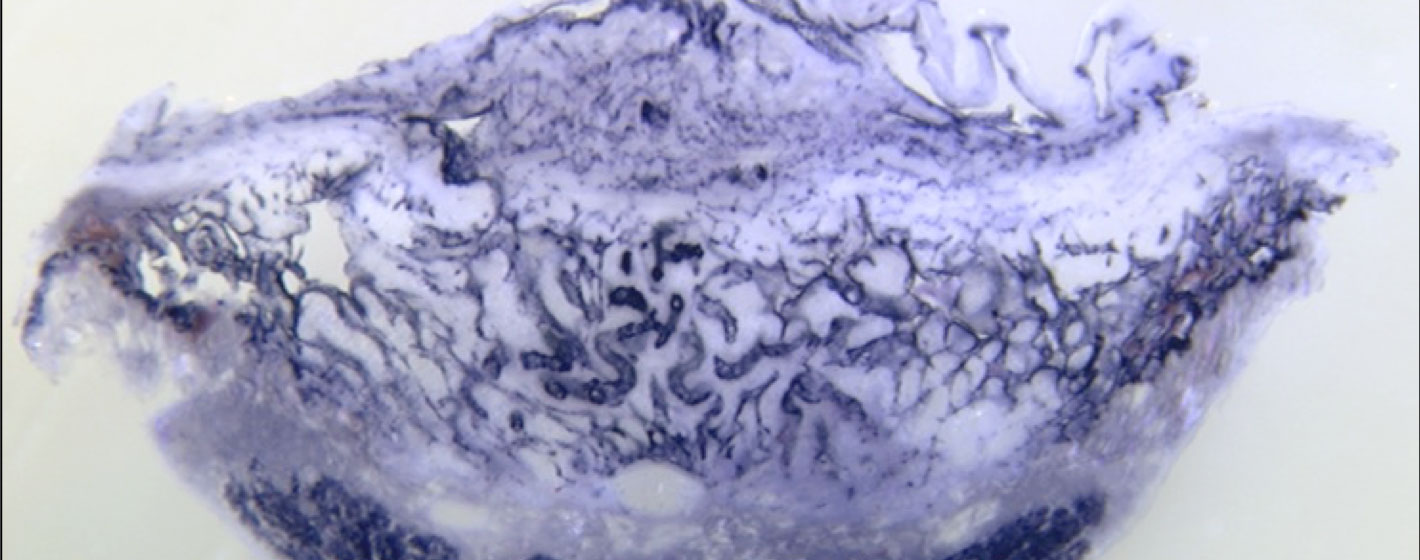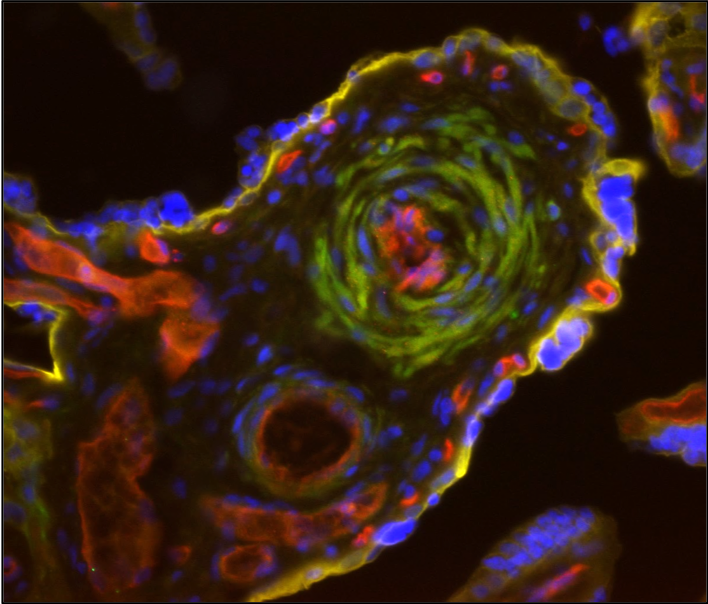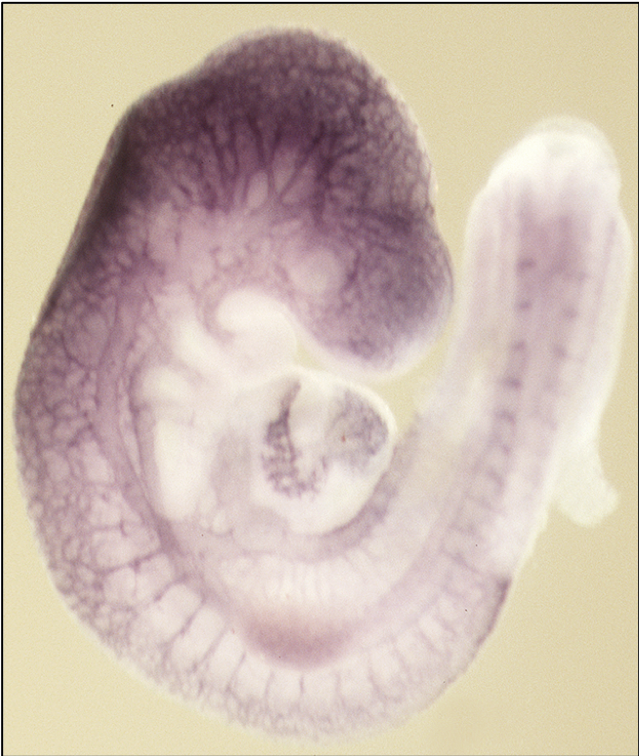
The Cell and Developmental Biology Department has more than a century of experience in biomedical research and education.

We offer varied opportunities for graduate trainees and postdoctoral fellows to pursue biomedical research in cell and developmental biology.
Although the field of study has evolved over the years from human anatomy to cell function, the department's mission remains the same: to answer the fundamental questions in biology that underlie human health and disease.
Today the faculty's focus is on research that reflects current challenges in biomedical science. The department allows students and trainees to connect with mentors who will guide them as they start their careers, and prepare them to enter the field as innovative researchers.

The department faculty is active in both medical and graduate education and is affiliated with several training programs in the Weill Cornell Graduate School of Medical Sciences.
June 26, 2024
June 12, 2024
May 24, 2023